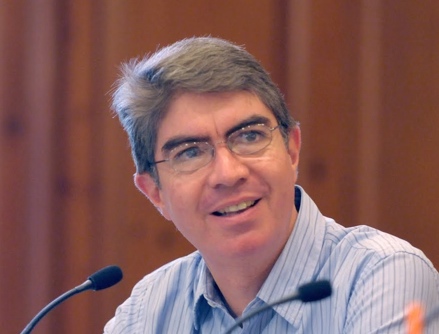“You’re going to need a bigger boat”
I’m under the impression that people settle on an all-time favorite movie at a relatively early age. With time they become increasingly difficult to displace, no matter what cinematic greatness may follow. This is what best describes my experience with “Jaws” (1975). Eventually I may have acquired a greater admiration for “The Godfather” films but by then it was too late. My first viewing of “Jaws” felt perfect. I later learned it wasn’t.




